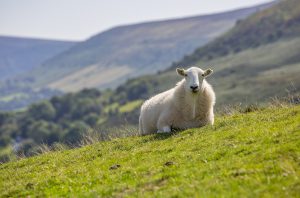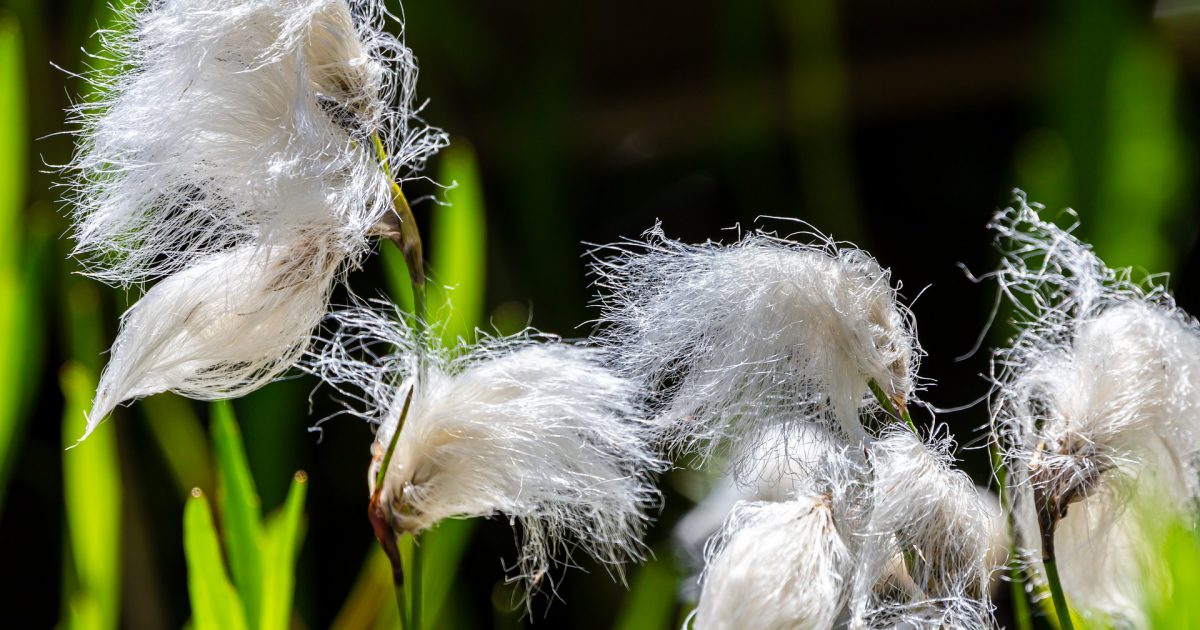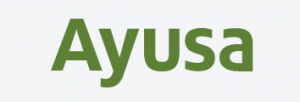植民地の製造と輸出の制限
イギリスは植民地の製造にもイギリスに有利となる方法を課しました。
戦争の影響により、タバコの貿易を削減するにつれて、バージニア人はより多くの羊を育て、綿を育て、綿と羊毛の布を織り始めました。そして、イギリス議会は1699年に羊毛法を制定しました。この羊毛法は布の市場を維持し、莫大な物品税を課したタバコ生産を維持するためのものでした。この法律により入植者が布を製造することを許可しましたが、どこにも輸出することはできませんでした。その後は、さらに帽子法(1732)と鉄法(1750)を設定し、植民地産業を制約しました。このことにより、イギリスが外国製品に課税する法律が、植民地の消費を形作りました。

英語で読もう!
Britain imposed its will on colonial manufacturing as well. As warfare cut the tobacco trade, Virginians began to raise more sheep, grow cotton, and weave their own cotton and woolen cloth. To maintain a market for English cloth and preserve tobacco production, which yielded huge excise taxes for Britain, Parliament enacted the Woolen Act of 1699. The act allowed the colonists to manufacture cloth but not to export it, even to other colonies. As this legislation, and the subsequent Hat Act (1732) and Iron Act (1750), constrained colonial industry, British laws taxing foreign goods shaped colonial consumption.
【 yielded = 降伏】【excise = 物品税】【enacted = 制定】【subsequent = 後続】
———————————————————————————-?
出典:https://encyclopediavirginia.org/entries/salutary-neglect/#:~:text=Salutary%20neglect%20was%20Britain’s%20unofficial,early%20in%20the%20eighteenth%20centuries.
アユサ高校交換留学、アメリカ高校留学
www.intraxjp.com/ayusa/


